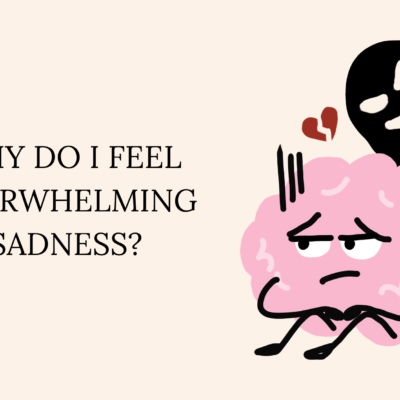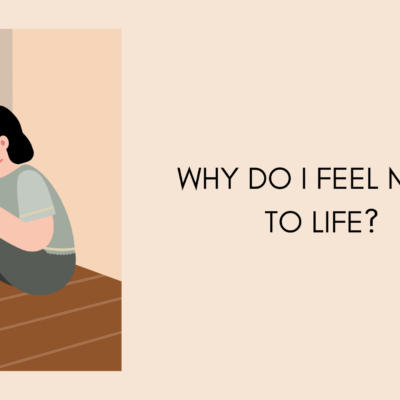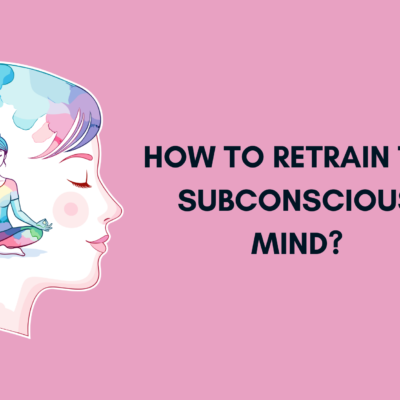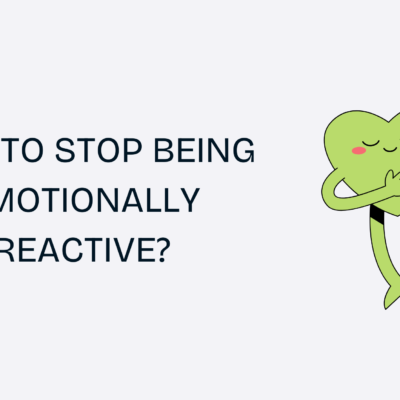How to Help Someone with Depression and Anger Issues: Watching someone you care about struggle with depression and anger issues can be painful, confusing, and even overwhelming. You may want to help but feel unsure of what to say or do. Depression isn’t just about sadness; it can manifest as irritability, frustration, or even rage. When anger and depression collide, it creates a complicated emotional storm—one that deeply affects the individual and everyone around them.
This article is a practical and compassionate guide to understanding these two conditions and offering meaningful support to someone who may be silently suffering.
Also Read:
Understanding Depression and Anger
Depression
Depression is more than feeling low or sad. It’s a mental health disorder that affects how a person thinks, feels, and behaves. Common symptoms include:
- Persistent sadness or emptiness
- Loss of interest or pleasure in activities
- Fatigue or lack of energy
- Sleep disturbances
- Feelings of guilt or worthlessness
- Difficulty concentrating
- Suicidal thoughts or behaviors
Anger in Depression
Anger is a less discussed but common symptom of depression. While many people associate depression with quiet withdrawal, it can also involve:
- Short temper
- Unexplained outbursts
- Irritability
- Frustration over small matters
- Aggression or self-directed anger
In some cases, people with depression turn their anger inward (through self-criticism or self-harm), while others may direct it outward, damaging relationships or hurting those around them unintentionally.
Why Helping Matters
When someone is dealing with depression and anger, they may push people away, isolate themselves, or lash out. But your support can make a powerful difference. Research consistently shows that social support can significantly impact mental health outcomes.
Being there for someone in their dark moments could help them feel less alone, more grounded, and motivated to seek help.
Step 1: Educate Yourself
Before you can effectively help someone, it’s important to understand what they’re going through. Mental health isn’t always logical, and the person may not be able to “snap out of it” or “just calm down.”
Key Things to Learn:
- Depression is a medical condition, not a weakness.
- Anger can be a symptom of underlying pain, not a personal attack.
- People struggling often don’t want to hurt others—they’re hurting themselves.
Read about mental health conditions, talk to professionals if possible, and join support groups or forums where others share their experiences. Knowledge removes judgment and builds empathy.
Step 2: Approach with Compassion, Not Criticism
Someone battling depression and anger may feel worthless, guilty, or ashamed. The way you communicate with them can either build trust or push them further away.
Dos:
- Speak gently and calmly.
- Use “I” statements: “I care about you”, “I’ve noticed you seem upset lately.”
- Validate their emotions: “It’s okay to feel overwhelmed.”
Don’ts:
- Don’t say things like “You’re overreacting,” “Just cheer up,” or “Others have it worse.”
- Don’t match their anger with your own.
- Don’t make it about yourself or take their moods personally.
Step 3: Create a Safe, Non-Judgmental Space
People dealing with emotional pain need to feel safe—safe to cry, to be vulnerable, to make mistakes. Your role is not to fix them but to be a safe presence.
Here’s how:
- Let them talk without interruption.
- Be physically present even if no words are spoken.
- Offer a hug, or just sit with them in silence.
Let them know: “You don’t have to explain everything. I’m here.”
Sometimes, being a calm and steady anchor is the most healing thing you can do.
Step 4: Encourage, Don’t Push
People with depression often struggle with motivation. This might look like skipping meals, avoiding people, or sleeping all day. While it’s tempting to tell them to get up and do something, forcing or guilt-tripping them can backfire.
Instead of pushing, gently encourage:
- “Would you like to take a walk together?”
- “How about we cook something simple?”
- “Want to watch a movie with me?”
Celebrate small victories, like getting out of bed, eating something healthy, or opening up. These are major wins in depression.
Step 5: Address Anger with Understanding
When anger is part of the equation, it adds another layer of challenge. Your loved one may lash out, get defensive, or say hurtful things. This doesn’t excuse their behavior, but it helps to know it’s often coming from pain—not malice.
What You Can Do:
- Stay calm and avoid escalating arguments.
- Set healthy boundaries if their anger becomes hurtful.
- Use non-threatening language:
“I can see you’re upset. I want to understand, not fight.”
If the anger becomes abusive (emotionally or physically), your safety comes first. It’s okay to love someone from a distance and encourage them to seek professional help.
Step 6: Suggest Professional Help (When the Time Is Right)
You are not a therapist, and it’s not your responsibility to carry their entire emotional burden. However, you can be the bridge that leads them to professional help.
Ways to encourage therapy or counseling:
- “Would you consider talking to someone about how you’re feeling?”
- “Therapy helped a friend of mine, and I think it could really help you too.”
- “I can help you look for a therapist or go with you if you want.”
If they are hesitant, offer to research options, attend with them, or suggest online therapy, which can feel less intimidating.
Step 7: Take Care of Yourself
Helping someone with depression and anger issues can be emotionally draining. You may experience:
- Burnout
- Frustration
- Guilt
- Helplessness
It’s okay to feel these things. Your emotional health matters too.
Practice Self-Care:
- Talk to someone you trust.
- Set boundaries when needed.
- Take breaks to recharge.
- Engage in activities that bring you joy.
You can’t pour from an empty cup. The better you care for yourself, the more you can genuinely support your loved one.
Step 8: Be Patient — Healing Takes Time
Recovery from depression and anger issues doesn’t happen overnight. There will be good days and bad ones. Progress may be slow or inconsistent. Your patience and consistency are powerful forms of love.
Remind them (and yourself):
- Healing isn’t linear.
- Setbacks are not failures.
- Being there matters—even if nothing seems to change right away.
Sometimes, your quiet presence is the lifeline they cling to in their storm.
Red Flags: When to Seek Immediate Help
There may be times when professional intervention is urgently needed, especially if you notice:
- Talk of self-harm or suicide
- Expressions of hopelessness
- Intense mood swings
- Aggressive or violent behavior
- Complete withdrawal from life
In such cases:
- Call a mental health helpline
- Contact a crisis center or emergency services
- Encourage them to see a doctor or therapist immediately
Do not ignore warning signs. Your quick response could save a life.
Final Words: Love Can’t Cure, But It Can Heal
You may not be able to cure your loved one’s depression or erase their anger. But you can help lighten the burden. You can help them feel less alone in their darkest hours.
Through your empathy, patience, and support, you’re giving them something medicine can’t offer: a sense of connection and hope.
Never underestimate the power of a kind word, a silent presence, or a heart that doesn’t give up.






